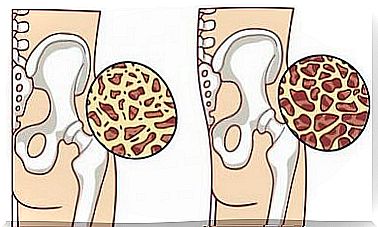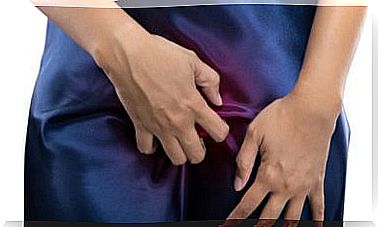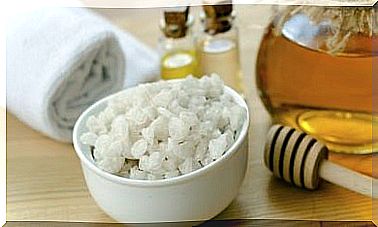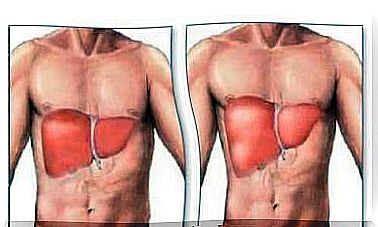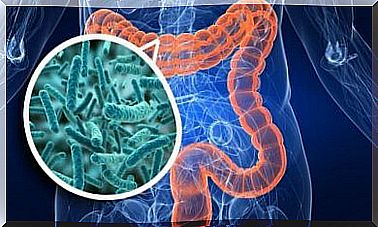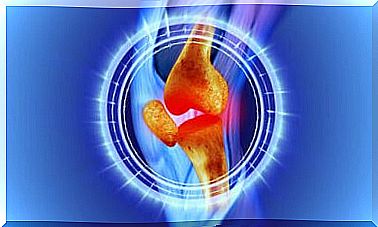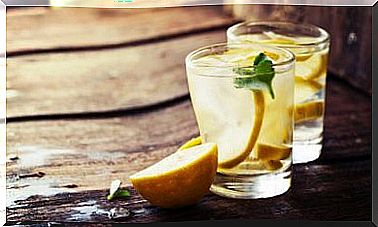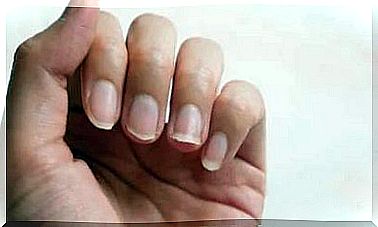Forbidden Foods For 9-month-old Babies
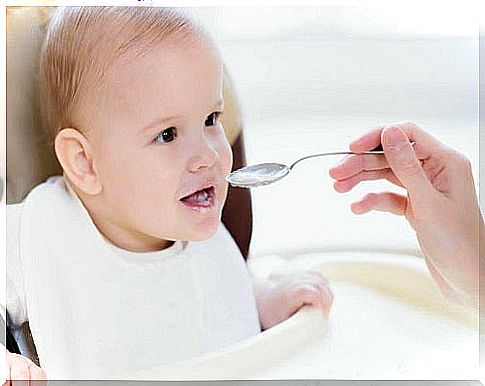
In short, there are some forbidden foods for babies that you should avoid when setting your little one’s menu. Food eaten by babies in the first months of life should contain a high nutritional load. Therefore, it is ideal to start breastfeeding because it gives your baby everything he needs.
In the coming months, when it will be time to introduce solid preparations, make sure that foods are rich in vitamins necessary for growth and development. Every baby is different, but most also consume solid foods at the age of 9 months.
What is worth noting is that not all children tolerate new foods on the menu in the same way. Read below to find out the few foods that are forbidden for babies.
11 forbidden foods for babies
If your baby’s digestive system is healthy, then the nutrients can help him grow big and healthy. However, there are some foods that are difficult for children to digest and can cause allergic reactions and other complications.
1. Cow’s milk or soy
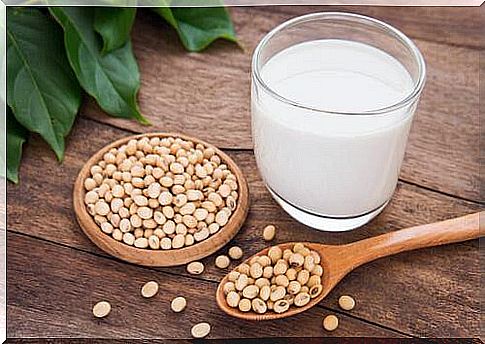
At the age of 9 months, digestive enzymes did not reach their maximum development inside the digestive tract. A baby this age cannot digest cow’s milk or soy protein. In addition, these foods can contain minerals that are harmful to the kidneys and can cause major problems for a fragile body.
2. Spinach or mangold beets
These foods are not harmful if you do not overdo it. Naturally, vegetables contain nitrates, especially those with green leaves. They are transformed into nitrites by the body’s digestive processes, which in large quantities affect the distribution of oxygen to cells. In this case, the baby’s skin takes on a purple hue, which is an alarm signal that something is wrong.
3. Salt
Too much salt in food will make it harder for your baby’s kidneys to function. It is not recommended to use concentrated cubes like Vegeta in baby foods due to their high sodium content. Avoid salty foods as much as possible.
4. Refined sugar
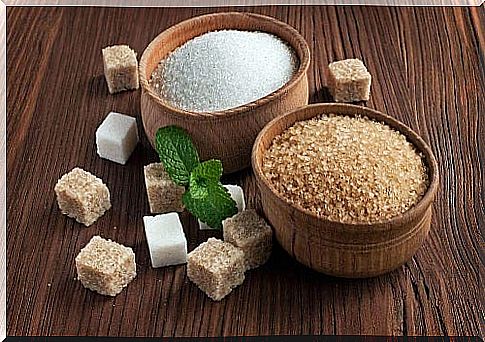
Sugar from sweets or added to juices leads to significant fluctuations in blood glucose levels. If you want to sweeten your baby’s food, use banana puree or breast milk. It is enough to give your child only fruits, which contain the necessary dose of natural sugars.
5. Bee honey
Some types of honey can contain plant spores that proliferate rapidly in the child’s body, increasing the risk of botulism and endangering his life.
6. Sour drinks
Commercial beverages are harmful to children due to their high content of sugar, caffeine or additives. They can cause intestinal problems and hyperactivity or insomnia.
7. Rice milk
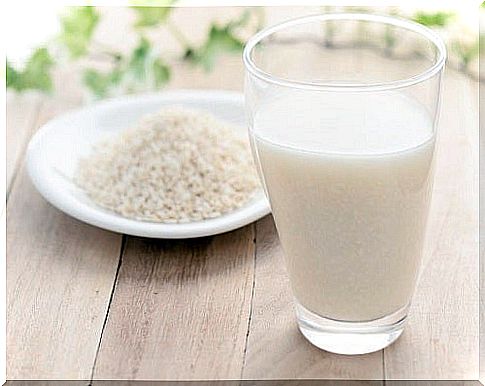
Children under 1 year of age should not consume rice milk due to the risk of intoxication with arsenic and other heavy metals. It should also be consumed in moderation by older children or even adults.
8. Confectionery
Any nutrient-poor food, such as cakes, pastries or chips, is contraindicated in the diet of young children. These foods often contain chemicals and large amounts of salt and sugar or other harmful additives.
9. Eggs
Eggs are one of the few foods banned for babies because they can cause all sorts of allergic reactions. If you want to include eggs in the baby’s diet, it is good to start with the yolk, and after a few months to give the little one the whole egg. Seek medical advice or wait until after the age of 1 to test for allergenic foods.
10. Sticky foods
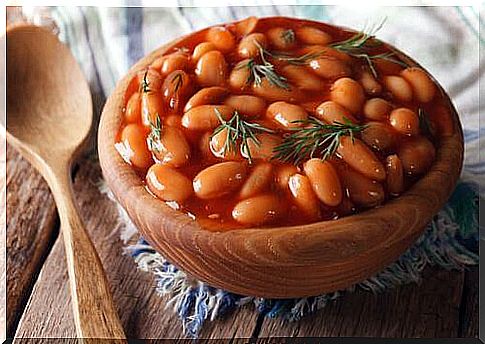
Some foods, such as jellies, chewing gum, or cooked beans, may stick to the neck. In addition, their content of sugar and additives is not very healthy.
11. Low fat foods
Healthy fats bring with them the precious calories a child needs at this age. Many of these foods also contain particularly important soluble vitamins, such as vitamin D.
Be careful not to drown
It is very important to give the baby small sips. Large pieces of food can cause swallowing problems. Most foods are ground or mashed. Portion the food into cubes of up to 1 cm for easy chewing.
Specialists recommend waiting until after the age of 1 to try products with potential allergens. It is good to gradually introduce these foods into the diet and pay attention to the baby’s reactions, especially if there is a genetic predisposition to allergies.
Consult your pediatrician for the best dietary advice.
